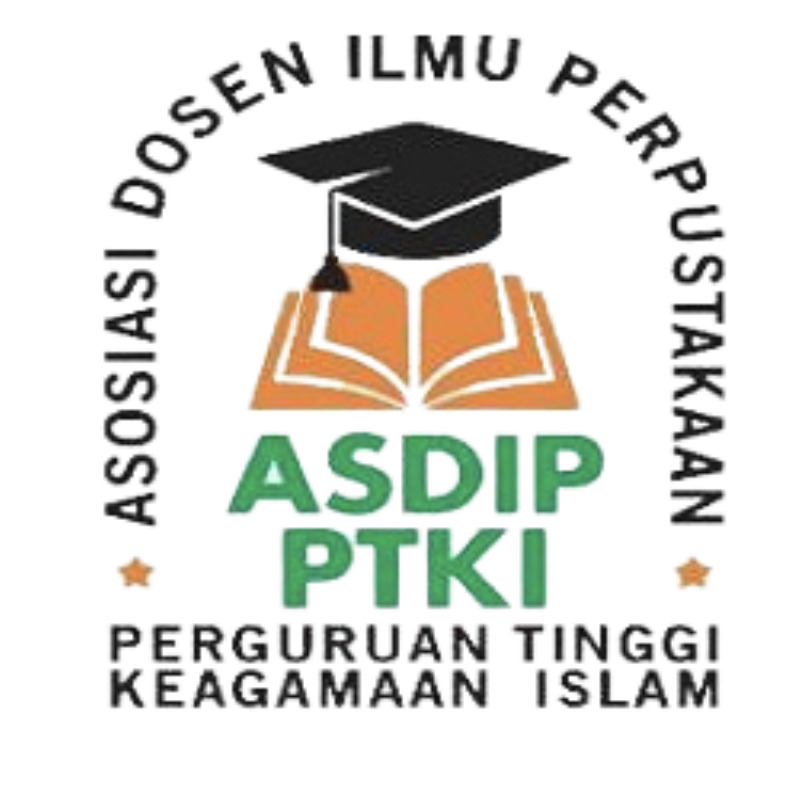Manajemen Perpustakaan Sekolah Dasar Negeri 2 Rejang Lebong
DOI:
https://doi.org/10.29240/tik.v6i1.4227Keywords:
Management, Library, State Elementary SchoolAbstract
This study aims to analyze how the implementation of library management in SD Negeri No. 2 Rejang Lebong Regency. Data analysis techniques used are interviews, observation and documentation. To analyze the data that has been obtained, the researchers analyzed qualitative data. The results showed that it was very visible that the students in terms of library administration organizing SDN No. 2 Curup has been implemented but is not ideal, there are still many shortcomings, both in terms of structure and foundations, the library office as far as the administration for library administration is very large, the variety of reading material centers according to the educational program concerned, not adequate and other supporting reference books, implying that the library of SDN No. 2 Curup cannot be expected to progress like the library used by various existing schools, on the grounds that the library of SDN No. 2 Curup is still inadequate with regards to assistance that encourages the best library, both in terms of administration and office other supporters. Therefore, the nature of the library must be improved again with the hope that this library can be utilized and utilized as well as possible by Curup Elementary School students.
Downloads
References
Murni Yanto. (2017a). Evulation of Quality Assurance Program. Jurnal Internasional Jurnal 0F Human Capital Manajement, 1(2), 146–147.
Murni Yanto. (2017b). Strategi Guru Dalam Pendidikan Pembelajaran Bahasa Indonesia Di SDN 45 Curup. Ejournale.Iainbengkulu, 5(2).
http: ejournal .iainbengkulu.ac.id indext. Php / manhaj / oi / verb =listRecors & Metadata
Murni Yanto. (2021a). Implementasi Manajemen Pelayanan Sirkulasi Perpustakaan SMPN 6 Rejang Lebong. Tik Ilmeu: Jurnal Ilmu Perpustakaan Dan Informasi, 5(1), 109.
https://doi.org/https://doi.org/10.29240/tk.V5i1.1807
Murni Yanto. (2021b). Manajemen Dan Strategi Dakwah Pengajian Ikatan Sosial Kerukunan Air Sengak Rejang Lebong. Jurnal Dakwah Dan Komunikasi, 6(1), 135.
https://doi.org/https://doi.org/10.29240/jdk.v6i1.2962
Murni Yanto dan Irwan Fathurrahman. (2019). Manajemen Kebijakan Kepala Madrasah Dalam Meningkatkan Mutu Pendidikan. Jurnal Konseling Dan Pendidikan, 7(3), 123–130.
https://doi.org/https://doi.org/10.29210/138700.h.2
Rahma, E. (2018). Akses dan Layanan Perpustakaan: Teori dan Aplikasi. Kencana.
Rhoni Rodin. (2019). Penerapan Fungsi Manajemen dalam Pengelolaan Perpustakaan Madrasah Aliyah (Studi Kasus di Perpustakaan MAN 2 Palembang). Tik Ilmeu: Jurnal Ilmu Perpustakaan Dan Informasi, 3(2), 125–146.
Sari, W., & Marlini, M. (2012). Penerapan Fungsi Manajemen Dalam Pengelolaan Perpustakaan di SMK Tamansiswa Padang. Ilmu Informasi Perpustakaan Dan Kearsipan, 1(1), 39–48.
Sutarno NS. (2004). Manajemen Perpustakaan. Sagung Seto.
Trimo Soejono. (1985). Pedoman Pelaksanaan Perpustakaan. Remadja Karya.
Wahyosumidjo. (2021). Kepemimpinan Kepala Sekolah TinjauanTteoritik Dan Permasalahanya. RajaGrafindo Persada.
Wiji Suwarno. (2011). Perpustakaan Dan Buku, Wacana Penulisan Dan Penerbitan. Ar-Ruzz Media.
Downloads
Published
Issue
Section
Citation Check
License
Authors who publish with Tik Ilmeu : Jurnal Ilmu Perpustakaan dan Informasi agree to the following terms:
- Authors retain copyright and grant the journal right of first publication with the work simultaneously licensed under a Creative Commons Attribution-NonCommercial-ShareAlike 4.0 International License (CC BY-NC-SA 4.0) that allows others to share the work with an acknowledgment of the work's authorship and initial publication in this journal.
- Authors are able to enter into separate, additional contractual arrangements for the non-exclusive distribution of the journal's published version of the work (e.g., post it to an institutional repository or publish it in a book), with an acknowledgment of its initial publication in this journal.
- Authors are permitted and encouraged to post their work online (e.g., in institutional repositories or on their website) prior to and during the submission process, as it can lead to productive exchanges, as well as earlier and greater citation of published work (See The Effect of Open Access).







 This work is licensed under a
This work is licensed under a 